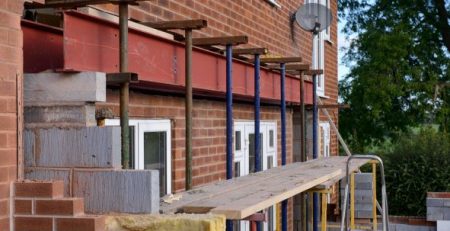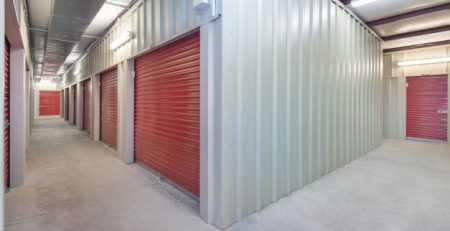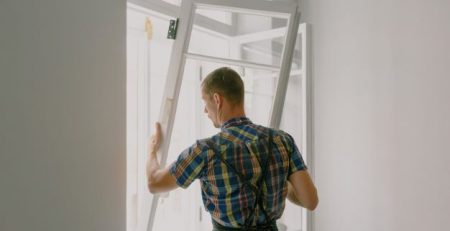Making Your Home Safer – 4 Electrical Tips to Improve Safety
In the modern world, we are surrounded by electricity. We use it for nearly everything, from making a hot drink when we wake up in the morning to watching TV and relaxing after a long day of work. Despite this, many people remain unaware of some of the potential hazards associated with electricity and reduce the risks associated with improper use. Unfortunately, electrical fires are commonplace in thousands of homes each year, and many of these could have been prevented through adequate electrical safety. Here are some tips to help improve electrical safety in your home.
Avoid Overloading Sockets
Plugging too many things into the same power source is a common occurrence in many households. However, it can pose a significant safety risk and cause electrical problems in your home. Unfortunately, it can be difficult to ascertain when a socket has become overloaded with plugs and is, therefore, a safety hazard.
You can tell whether you should unplug some appliances is to go around and check whether all of the plugs in your home are cool to the touch. If they feel warm, then it is a good sign that you are not risking electrical faults. Additionally, you should ensure that all of the protective faceplates of sockets in your home are intact and in proper working order.
Overall, you should avoid using extension cords or multi-outlet converters for high-powered electrical appliances in your home. You should also try to only plug one heat-producing device into a socket at a time. If you do run into any outlets that are hot to the touch, you should talk to a qualified electrician to schedule a check of the sockets in your home.
Immediately Stop Using and Replace Damaged Electrical Cords
Damaged electrical cords and wiring pose a significant risk to your safety and to those in your home. The exposed conductive metal within them can easily lead to fires or even electrocution. Therefore, you should regularly check over all of the power and extension leads in your house. If you notice any cracks, frays or exposed wiring, you should repair or replace them.
It might seem obvious (some people still do it), but you should not staple power leads or run them under rugs or furniture. Staples damage and expose the wiring, which can lead to fires or faults. Running them under carpets is a tripping hazard, but it can also contribute to overheating and fires. Finally, running them under furniture can crush the insulation surrounding the wires, exposing them and presenting a risk to you and your loved ones.
Install RCBOs and RCDs
Residual current breakers with over-current (RCBOs) and residual current devices (RCDs) can be installed in your home to reduce the risk of electrical shocks and fires. These are generally more sensitive and, therefore, provide a higher degree of protection than the standard fuses or circuit breakers you probably already have in your home.
These devices monitor the amount of electricity flowing through the appliances in your home. They can compare the difference between the current flowing into a device and the outflowing amount. If they detect an imbalance, they will automatically shut off the power, significantly reducing the dangers associated with electrical devices.
If you are looking to try RCBOs to enhance your home’s electrical safety, check out the range offered at Expert Electrical.
Make Sure that there is Sufficient Air Circulation
If the appliances in your home do not have adequate airflow, they risk overheating. This can cause electrical shorts and can even become a fire hazard in some situations. Therefore, you must ensure the devices in your home can cool properly, which generally means they will need uninterrupted airflow.
To do this, avoid overcrowding or covering appliances. Additionally, you should not keep electrical equipment in tight, enclosed spaces such as cabinets. You should also attempt to store flammable objects away from your home’s electrical appliances and other electronics. These could exacerbate the issue if there was a fire.
Some household appliances pose a greater risk than others regarding overheating. For example, a gas or electric drying machine is a more significant fire hazard since they get hot while in use. These need to be located at least a foot away from the nearest wall to decrease the risk of fires, and the lint collection tray should be routinely emptied.
In Summary
If you want to reduce the risk of fires, electrical shorts, or electrocution from your household appliances, you should follow the steps outlined above. Electrical fires and other associated incidents are surprisingly common, so a basic understanding of the hazards and how to mitigate them is essential in any home. Suppose you notice any issues with your electricals. In that case, whether they are overheating or damage to the wiring, you should contact a professional to determine whether they are safe to use or need replacing.











